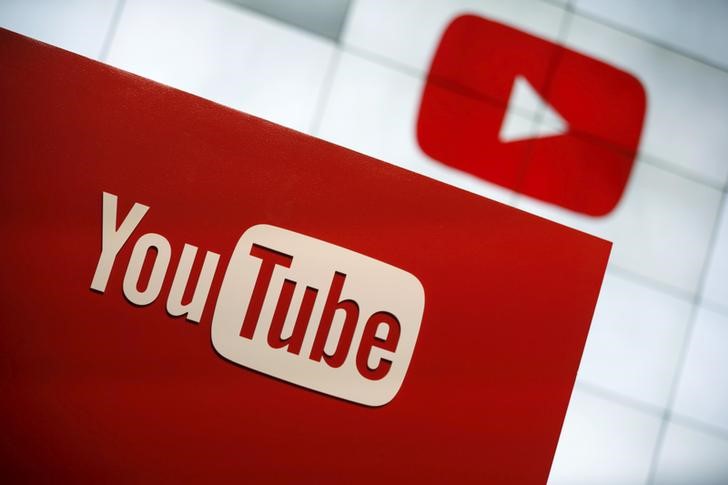HANOI (Reuters) - Some of Vietnam's biggest firms have suspended YouTube advertising as the communist country steps up a campaign against online dissent, which has also targeted global brands such as Unilever (LON:ULVR) and Samsung (LON:0593xq).
Since last month, Vietnam began the new tactic of pressuring advertisers as well as companies such as YouTube's owner, Google Inc (NASDAQ:GOOGL), to try to get content the government finds offensive removed.
Many of the videos are posted by dissidents abroad, beyond the reach of a Vietnamese social media law that seeks to remove such content.
Vietnam's biggest listed firm, Vinamilk, and flag carrier Vietnam Airlines took action after the government alerted them to the issue of ads appearing alongside "toxic" content. The state owns a majority in both firms.
Vinamilk said in a document filed to the information and communication ministry that it has suspended ads on YouTube until it could be sure that any advertising there "completely complies with the law."
Last month, the ministry identified 17 YouTube videos with content it said distorted historical facts, incited national hatred or was pornographic and would be illegal in Vietnam. It did not make the videos public.
Global brands Procter & Gamble, Unilever, Samsung (SAGR.UL) and Yamaha Motor were highlighted alongside local companies for having adverts linked to unsuitable videos. None of those companies' offices in Vietnam responded immediately to a request for comment.
Because of the computer-directed processes that pair adverts with their targeted audiences on YouTube, companies are not always aware of or have direct control over which specific videos an advert has been placed alongside.
Last week, the information ministry threatened to fine companies whose adverts were posted alongside inappropriate YouTube videos and requested that Google remove them.
"We have clear policies for removal requests from governments around the world. We rely on governments to notify us of content that they believe is illegal through official processes, and where appropriate, will restrict it after a thorough review," a YouTube statement said.
The government said Google has so far removed a total of 16 videos at its request.
The Ministry of Information was not immediately available to comment on its campaign against offensive material and the steps taken by social media companies or advertisers.
VIDEOS REMAIN
Vietnam has come under fire from Western countries and human rights groups for its Decree 72 on social media - which bans information that it deems anti-government, damaging to national security or destroying national unity.
Despite the restrictions, content that ostensibly breaches the code's standards is still prolific.
A Reuters search of the YouTube platform within the country identified hundreds of Vietnamese-language videos that contained very strong criticism of the government, communist party and individual leaders that would not be permitted in Vietnam
Advertising appeared at the start of some of these videos, some which had clocked up hundreds of thousands of views.
While Vietnam makes up a very small part of the business operations of companies like Google and Facebook (NASDAQ:FB), it is one of Asia's fastest growing economies and a hot investment target for global consumer brands.
Within Vietnam itself, YouTube and Facebook account for two-thirds of digital media market share in Vietnam, said Nguyen Khoa Hong Thanh, Operations Director at digital marketing agency Isobar Vietnam.
"Absence of any of these platforms will create a significant impact on media plan and the business results of companies," he said, adding that companies could nonetheless take steps to stop ads running alongside videos that offend Vietnam without stopping them entirely.

Facebook made no immediate response to requests for comment on this story.